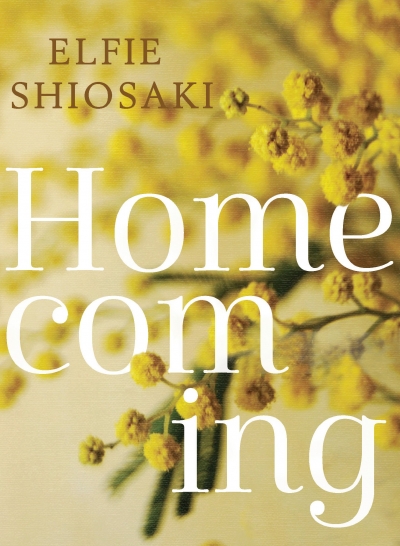Jeanine Leane
Shapeshifting: First Nations lyric nonfiction edited by Jeanine Leane and Ellen van Neerven
States of Poetry 2016 ACT Podcast | 'Lady Mungo Speaks' and 'Whitefellas' by Jeanine Leane
In this episode of Australian Book Review's States of Poetry podcast, Jeanine Leane reads her poems 'Lady Mungo Speaks' and 'Whitefellas' which feature in the 2016 ACT anthology.
... (read more)This cardboard prison they call an archive
is cold, airless and silent as death.
Floor to ceiling boxes contain voices
no longer heard yet still wailing within
and faces no longer seen yet still missing in a
jail of captured snippets, images and memories
like the severed heads and bleached bones of
dismembered bodies neatly locked away in the vaults
of mu ...
For Garry Papin and the Muthi-Muthi People of Lake Mungo
Lady Mungo heard the white scientists trampling
on her people's sacredness and she began to surface –
to speak.
While you archaeologists are stomping on
our graves arguing about the depth of your
new Pleistocene layer my people already know
the ...
Whitefellas have a license to stare in
car parks, foyers, forums and gatherings at
anybody else who doesn’t look white.
They’re famous for asking Blackfellas
where we come from even though they
belong to the oldest diaspora of all. ...
As a new century dawned white Australians were urged
to feel comfortable and relaxed about their history.
'Shake off that irksome black arm band – legacy of radical
lefties who can't leave well enough alone – and their
tiresome chant that white Australia has a Black history and
we all have blood on our hands.
We've got a new song to sing now!'
Right win ...
For Patrick White (1976)
When the Badtjala people discovered Eliza Fraser,
her story of cannibals devoured a history.
A century later when the Badtjala people
rescued Ellen Roxborough on the fringes of paradise
White's imagination captured the Aborigine –
the Blacks – for the nation.
When she ate Badtjala woman's flesh,
she ...
 Jeanine Leane is a Wiradjuri scholar from south-west New South Wales. She currently holds a Discovery Indigenous ...
Jeanine Leane is a Wiradjuri scholar from south-west New South Wales. She currently holds a Discovery Indigenous ...



